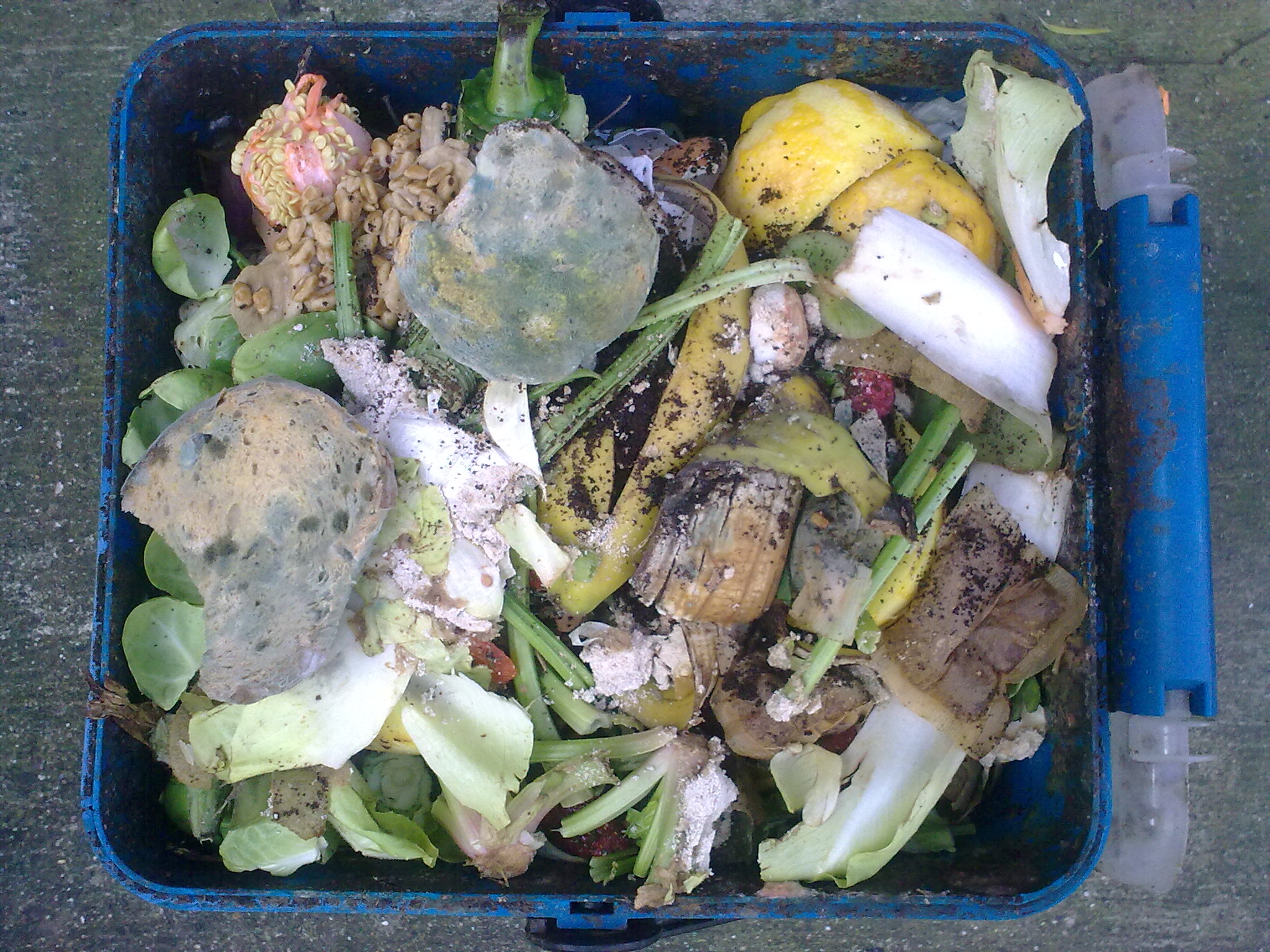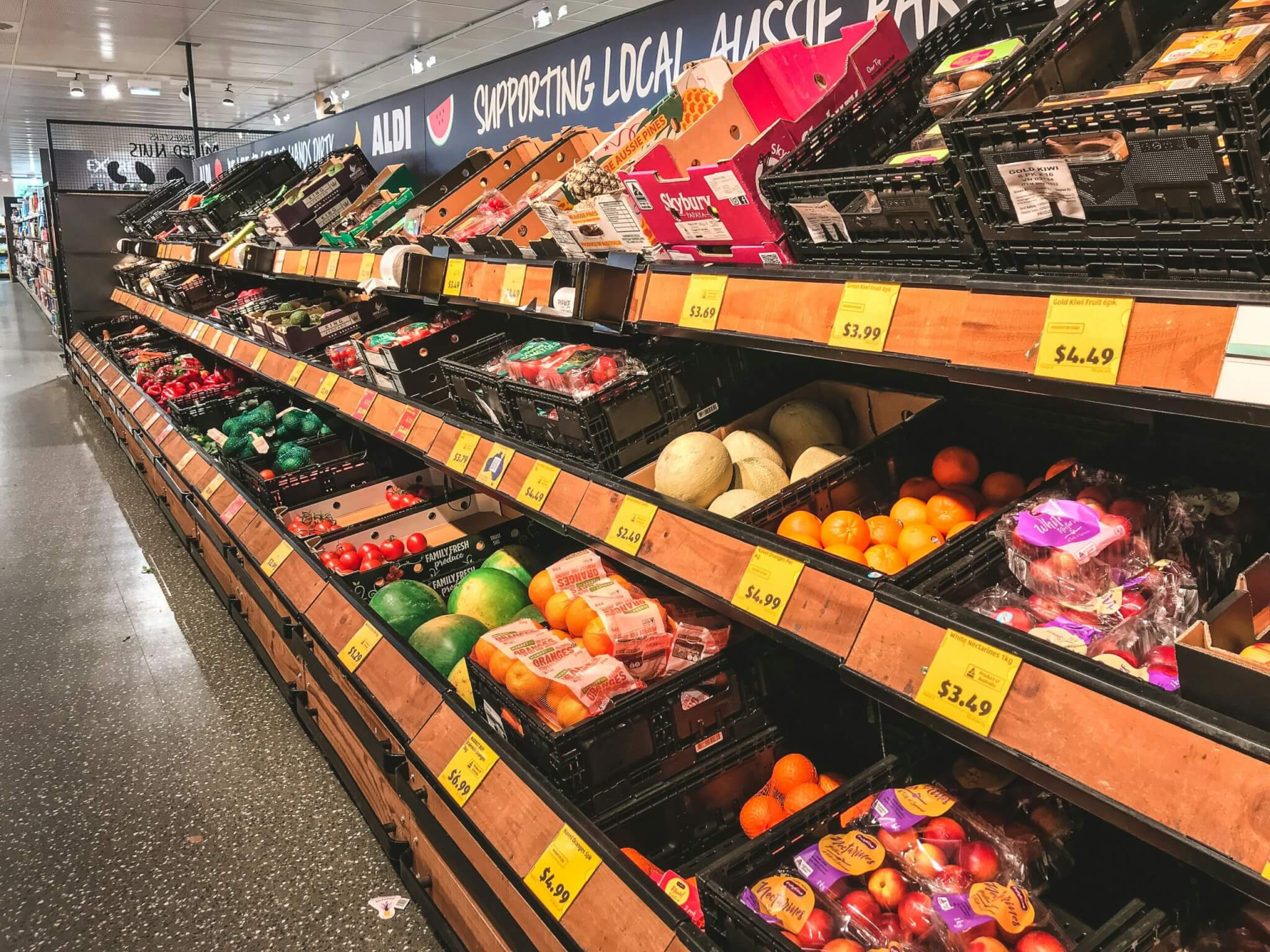There’s been a lot of talk about food waste this week, as the Step up to the Plate campaign by Defra brings together big players in the food industry to encourage them to sign a pledge to drive down the 10 million tonnes of food wasted in the UK every year. The aim is to halve this by 2030.
Currently around 55,000 tonnes of surplus food is redistributed from retailers and food manufacturers every year, but a further 100,000 tonnes of food (equating to 250 million meals a year) is edible and readily available but goes uneaten.
This target is great news, of course, but significant change needs to come from further up the chain too. Supermarkets’ controlling and overly centralised approach to buying and selling food results in a huge amount of food being wasted, and farmers left in worrying situations.
When it comes to rejecting crops, supermarkets are incredibly prescriptive in what they deem acceptable. Shape, size and minor blemishes all lead to rejection and waste.
But the biggest driver of waste at farm level, according to a recent report by the charity Feedback, is overproduction. Farmers growing for supermarkets are forced to over produce to ensure they can supply the requested amount. Non fulfilment of an order is a huge fear for farmers: if they can’t meet requirements, they risk losing contracts.
Riverford founder Guy Singh-Watson has openly spoken about his experiences in the 90s: “When I used to supply the supermarkets you generally grew about a third more than you thought you would sell, just to make sure that the supermarket buyer didn’t have a tantrum if you ran short, and so routinely, you have more than you can sell and so you just mow it off and plough it in – that’s the normal thing to do.”
It’s clear that supermarket buying processes are far from ideal, prioritising availability and giving consumers what they want, when they want it, rather than focusing on reducing waste and taking the whole crop.
An anonymous strawberry grower spoke about his experience of this in the Feedback report, explaining: “Imagine a supermarket will say it wants 10,000 packets of strawberries. On Monday and Tuesday the food is accepted. On Wednesday the food is rejected. When produce is not selling well – perhaps it’s been raining and nobody is buying strawberries – the supermarket rejects the consignment, but there is no difference in the actual strawberries.”
All of this is frustrating and out of most of our hands as individuals, but we can still make a difference by minimising our own food waste. One way to do this is ensure you only buy what you need. Products like Riverford’s recipe boxes are great for this – they have exactly the right amount of what you need to make an inspiring meal, meaning no waste.

Some people are put off by the increase of packaging and plastic in meal kits, but it’s important to look at the bigger picture. A new study by the University of Michigan found that overall they have a much lower carbon footprint than the same meals bought at a supermarket, and on average a third of the associated greenhouse gas emissions, due to the exact portions and subsequent lower waste levels.
The report was based on American recipe boxes like Blue Apron and Hello Fresh, which are also likely to have a lot more plastic than you’d find in a Riverford recipe box, which packs veg loose where possible, uses reusable boxes, and takes back anything that your council won’t take for recycling.
Food waste is a complex issue and one that can leave you feeling hopeless. But that doesn’t mean it can be ignored. Trying a recipe box, accepting less than perfect produce, and making the most of the whole vegetable (like cauliflower leaves and carrot tops) are just a few of the ways you can cut down.
It’s always worth reading around and informing yourself, as with the recipe box study and benefits to food waste, there are ways to step outside the mainstream waste model and choose buying methods that do make a difference.











0 Comments